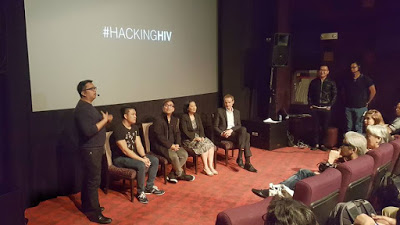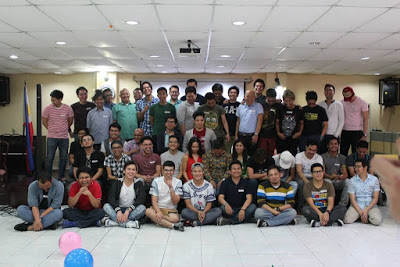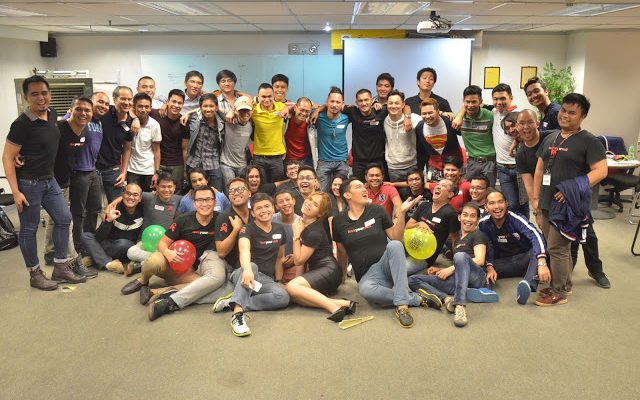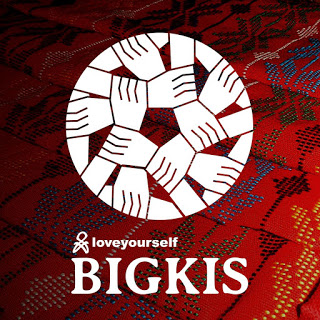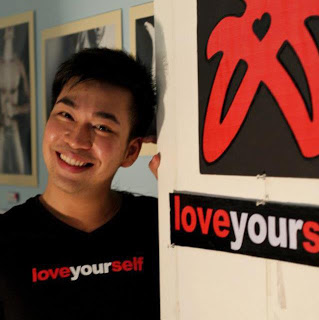#HackingHIV: LoveYourself and PrEP Pilipinas Launch New HIV Intervention Program
HIV awareness and advocacy organization LoveYourself hosted #HackingHIV as part of its launch activities to introduce PrEP, an HIV prevention method, in the Philippines. In conjunction with project PrEP Pilipinas, in-charge of introducing the innovation into the country, the event was held at Greenbelt 3’s myCinema in Makati City last 29 November.

